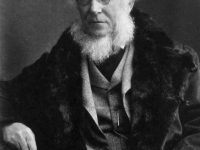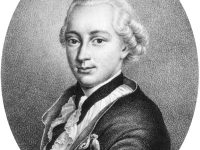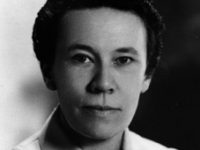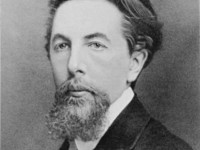Joseph Dalton Hooker – the Founder of Geographical Botany
On June 30, 1817, Sir Joseph Dalton Hooker was born, one of the greatest British botanists and explorers of the 19th century. Hooker was a founder of geographical botany and Charles Darwin‘s [4] closest friend. Furthermore, he was assistant on Sir James Ross‘s [3] Antarctic expedition and whose botanical travels to foreign lands included India, Palestine and the U.S., from which he became a leading taxonomists in his time. “All I ever…
Read more






